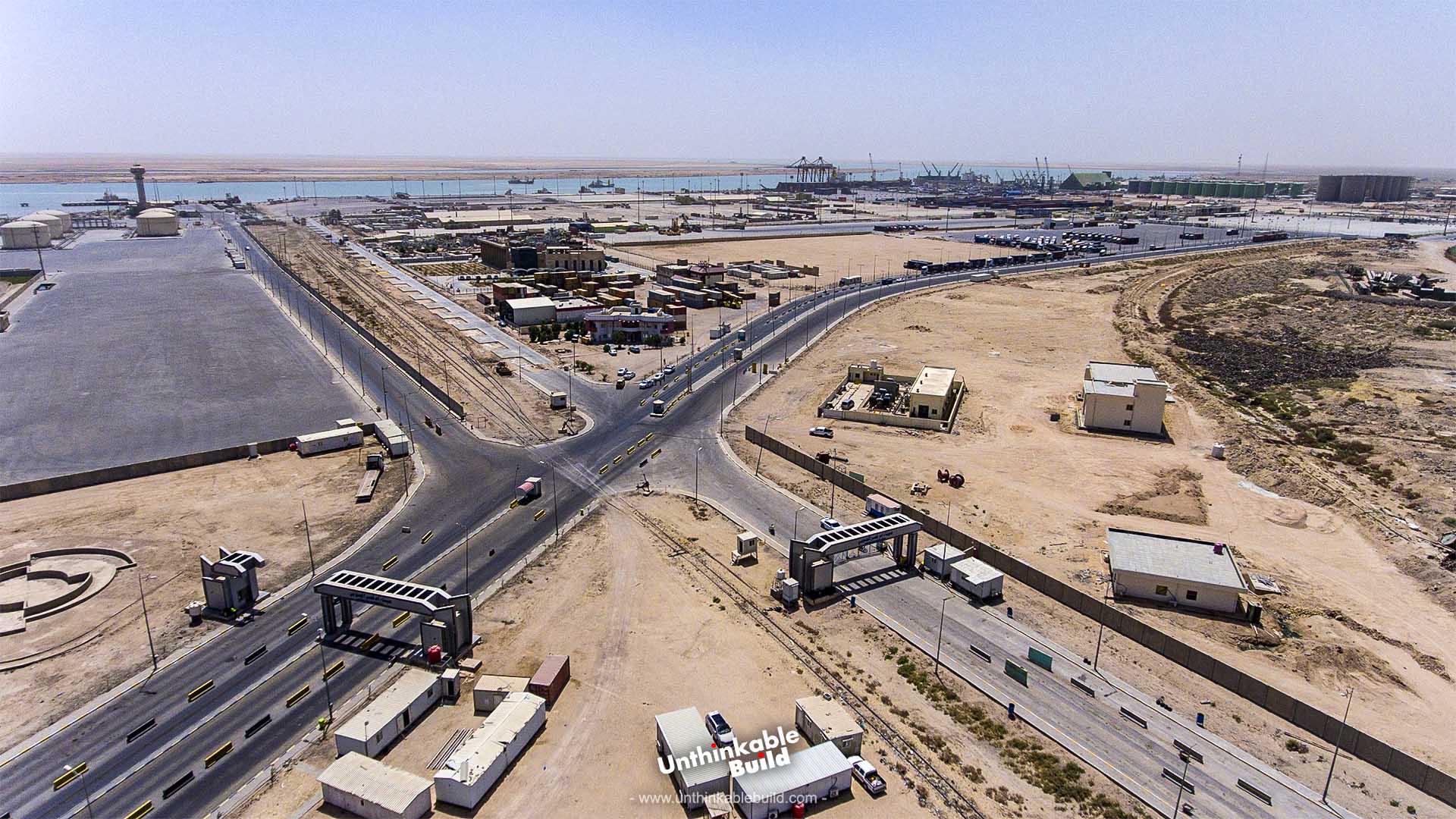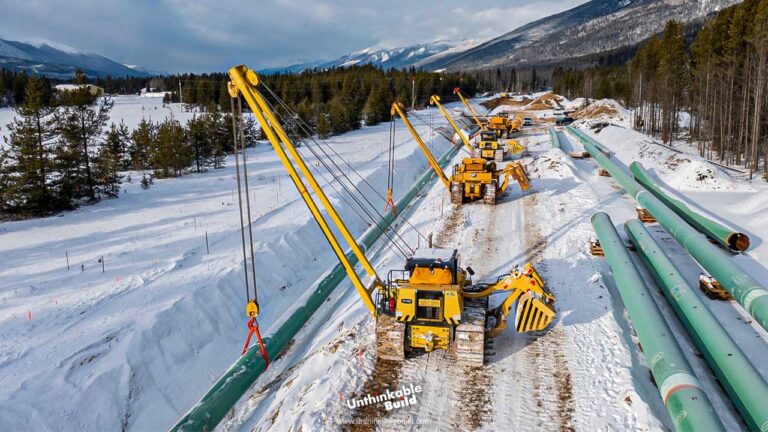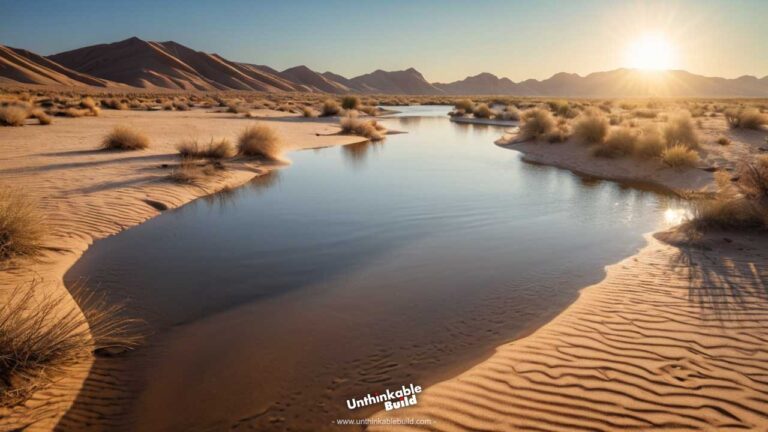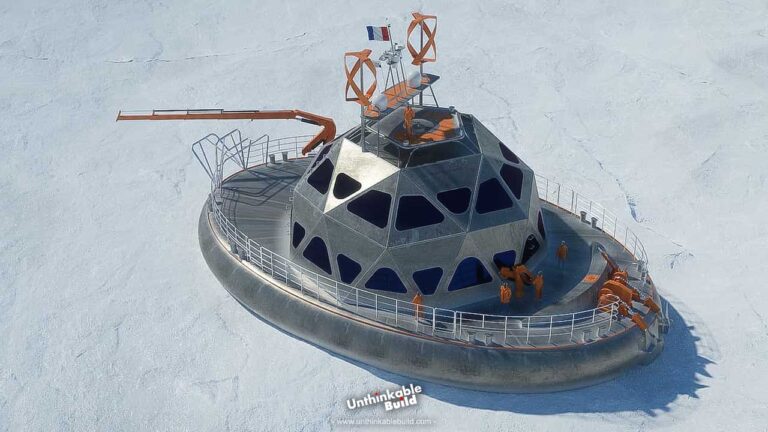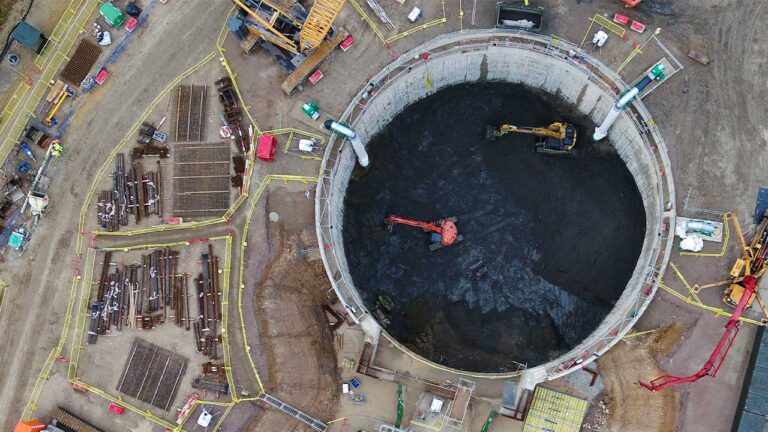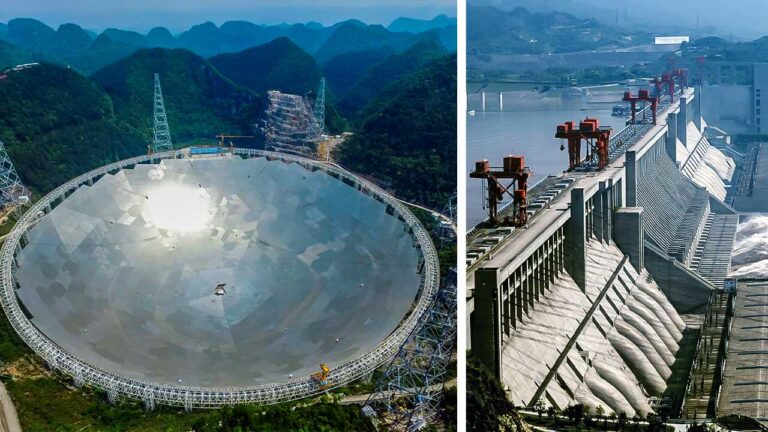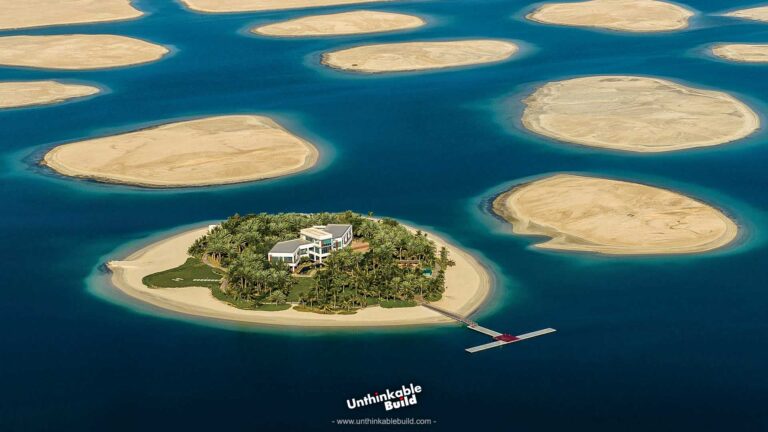Iraq Development Road: Europe’s New Gateway
The Iraq War, lasting from 2003 to 2011, left deep scars on the nation; crippling infrastructure and posing immense challenges for its people. Yet, Iraq’s new government has stepped up with bold ambitions to rebuild and reshape the country’s future. One of the most exciting projects to emerge from these efforts is the Iraq Development Road.
This isn’t just an infrastructure upgrade, but a game-changing link that could reconnect Iraq to the world. Imagine a route that drastically reduces travel time between Asia and Europe, transforming Iraq into a bustling transit hub, potentially rivaling the global importance of Egypt’s Suez Canal. It’s a bold vision for a nation determined to rise again.
How many countries this ambitious project will connect? And what’s the world saying about Iraq’s big leap forward? Let’s dive into all the details.
Also Read: How Israel Became the Only Country with a Water Surplus
The Iraq Development Road Project is more than just an infrastructure plan. It’s a bold vision to redefine the country’s future and address challenges that have held it back for decades. It all starts with the Grand Al-Faw Port, Iraq’s first deep-water, high-capacity port, located in the south. For years, Iraq struggled with the shallow and narrow coastal areas near Basra and the Shatt Al-Arab, making such a project nearly impossible. This left the country dependent on neighbors like Kuwait, Saudi Arabia, and Turkey to export its energy resources. The Grand Al-Faw Port is Iraq’s answer to reclaiming control over its exports and its economic destiny.
From there, the Development Road takes shape—a sprawling 1,200-kilometer network of highways, railways, and even plans for new cities, connecting the southern port to the Turkish border and beyond into Europe. Imagine a direct corridor stretching from Basra to London, creating new opportunities for trade and collaboration. The project is designed to unfold in phases, with the first milestone expected by 2025 and full completion by 2030.
Of course, such an ambitious plan comes with significant costs. While the initial estimate was $17 billion, experts now predict it could exceed $24 billion, with just the 511.7-kilometers long Gaziantep-to-Ovakoy railway segment in Turkey projected to cost $5 billion alone. But here’s where hope shines through—resource-rich partners like the UAE and Qatar are lending their support, bringing much-needed financial backing to this transformative initiative.
The $10 billion oil-for-infrastructure deal with China, which was initially a key part of the Development Road project, has been paused. The reason? Concerns about becoming too reliant on foreign investment in the long run. It’s a cautious move, reflecting a desire to balance ambition with sustainability.
But it’s not just about infrastructure. Think about the impact this could have on the everyday lives of Iraq’s people—new jobs, booming trade, and a revitalized economy. This isn’t just a development road, but a lifeline connecting Iraq to global markets and regional allies. Iraq Development Road is a project that could redefine country’s role on the world stage, turning it into a critical transit hub that bridges continents.
The international community is watching this development closely, and support is already pouring in. Turkey has stepped forward with a clear commitment to help, and a partnership agreement with Qatar, the UAE, and Turkey adds momentum to this ambitious vision.
The Development Road is more than just an infrastructure project. It’s a symbol of changing dynamics in the region. Iraq, Turkey, Qatar, and the UAE, each with its unique history and challenges, are now collaborating on this ambitious initiative. It’s remarkable to see Doha and Abu Dhabi, former rivals during the 2017 GCC crisis, are now joining forces. Their involvement speaks volumes about the progress made since tensions eased in 2021. For Iraq, it’s a moment of growing influence, as its economic and geopolitical ties with Gulf states deepen. This project isn’t just about roads. It’s about building bridges, both literally and figuratively, across a region that’s long needed them.
The Development Road really stands out because of its promise to save both time and money. In fact, transporting goods from Al-Faw to Europe is 10 days faster than going through the Suez Canal, and that’s a serious advantage. But it’s not just about speed. Iraq, being the only non-EU country along this route, also enjoys a huge bureaucratic boost, simplifying customs and reducing costs. And while the infrastructure between Basra and Turkey is still being built, much of the logistics in Turkey is already set to go, giving the Development Road a head start. When you compare it to the India-Middle East-Europe Economic Corridor or IMEC launched in 2023, the Development Road seems to have the upper hand in terms of speed and capacity. Do you think that give Iraq a real edge in global trade?
The stakes are high for both Iraq and Turkey, and both are taking some bold political steps to make this project happen. A major move was Iraq’s decision to officially declare the PKK an illegal organization, despite opposition from groups within the Kurdistan Regional Government (KRG). That’s a pretty significant shift. Both the Iraqi government and the KRG are backing Turkey’s security concerns, and you can see why—it’s all about the bigger picture. Supporting Turkey’s security stance might seem like a small price to pay, but the potential economic benefits of this project are huge. It’s a game-changer for Iraq, and honestly, for the whole region.
The Development Road project could be a real game-changer for Iraq’s economy. At least 100,000 jobs are expected to be created as the project unfolds. These jobs won’t just be in construction; they’ll spread across industries like logistics, trade, and support services. Imagine the impact on local communities where stable work opportunities have been hard to come by. How might this level of job creation transform daily life for thousands of families?
Then there’s the bigger picture—regional trade. By connecting the Grand Faw Port in southern Iraq to Turkey and eventually Europe, the Development Road aims to create a seamless, high-speed trade corridor. This isn’t just about faster shipping routes; it’s about Iraq stepping up as a critical player in global trade. For a country heavily reliant on oil exports, this diversification could open up entirely new economic opportunities.
And let’s talk numbers. The project is expected to generate $4 billion in annual revenue once it’s fully operational. That’s a massive financial boost, but it’s more than just a number. Those funds could fuel new infrastructure, improve public services, and fund programs that touch the lives of everyday Iraqis.
The Development Road project comes with its challenges, no doubt, but imagine the possibilities if it succeeds. While competitors like the IMEC struggle with even greater costs and feasibility issues, this project offers a unique opportunity. What if, instead of just countering China’s BRI, the US chose to back alternative development efforts?
For Iraq, this project is more than just a road—it’s a chance to tackle corruption, revitalize its inefficient economy, and unite its people. Picture an Iraq where this ambitious undertaking becomes a rallying point for national pride, reducing the influence of Iran and easing separatist tensions in the Kurdistan region.
Also Read: China’s Supersonic Aircraft: A Game-Changer for Global Military Power?
Turkey, too, stands to gain in a big way. Imagine its industries expanding into new markets, boosting production, and driving profits. This could mean fewer inflationary pressures and more jobs for Turkish citizens. Plus, with stronger security cooperation with Iraq, Turkey could finally address longstanding threats from groups like the PKK and ISIS. This kind of economic and security boost could lay the foundation for a stronger, more stable Turkey.
The Development Road project is undoubtedly ambitious, but it faces some big challenges that could impact its success. For starters, Iraq’s political environment is anything but predictable. Political instability could make it harder to keep the project on track. Do you think a plan of this scale can thrive without consistent governance?
Then there’s the issue of excluding the Kurdistan region from the project. This decision has raised eyebrows and sparked concerns about how sustainable and inclusive the initiative really is. Can a project meant to transform Iraq truly deliver if it doesn’t involve all its regions? It’s a question worth considering.
And let’s not forget the financial and implementation challenges. Securing sustainable funding for a massive project like this is tough enough, but Iraq also has to contend with issues like corruption and inefficiency in its state institutions. These obstacles could slow progress or even derail the project if not handled carefully.
And let’s not forget the bigger picture. Middle Eastern and European countries could save billions of dollars through reduced shipping costs, and the ripple effects of this project could foster lasting peace. But real peace doesn’t come from summit meetings or empty promises—it comes from tangible, collaborative efforts like the Development Road. Could this be the initiative that not only transforms the region but also provides a model for tackling unrest in Western nations? What do you think—does this project have the potential to be a game-changer for everyone involved?

